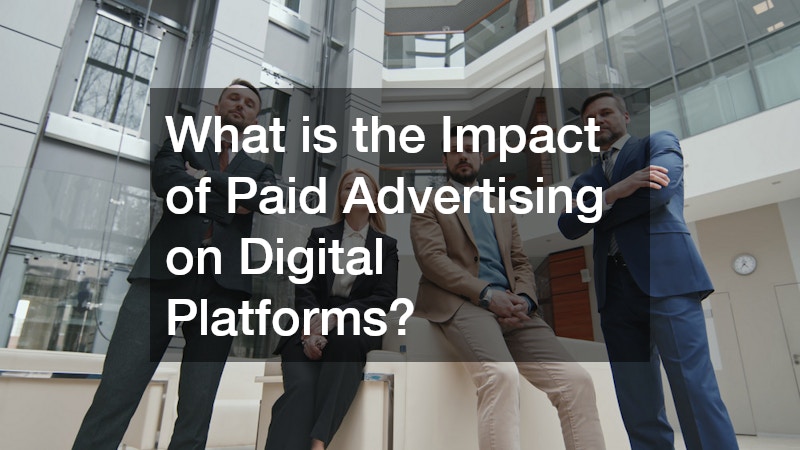The digital age has revolutionized the way personal injury attorneys manage their practices, using diverse digital media tools. Leveraging these tools helps them extend their outreach and enhance client services, crucial for staying competitive in a rapidly evolving legal landscape.
How Do Personal Injury Attorneys Use Social Media?
Building a Network and Engaging with Followers
Social media platforms like Facebook, Twitter, and LinkedIn serve as vital networking hubs for personal injury attorneys. By actively engaging with followers, attorneys can establish rapport and trust, crucial for client attraction and retention.
Networking through these platforms also extends to connections with other legal professionals, fostering partnerships and referrals. When attorneys engage with their audience by answering queries and participating in discussions, they enhance their visibility and credibility online.
Building a solid online community enables attorneys to stay informed about current legal trends and client needs. This proactive approach in social media engagement helps create a positive online image and positions firms as thought leaders in the industry.
Sharing Informative Content
Personal injury attorneys share informative content to showcase their expertise and provide value to potential and existing clients. Content such as case studies and legal advice can be instrumental in educating the public and demystifying legal processes.
By regularly posting educational materials and updates on industry trends, attorneys keep their audience informed and engaged. This practice also helps firms demonstrate their commitment to transparency and continuous learning, essential traits in building client trust.
Informative content serves as a foundation for a firm’s online presence, establishing authority and attracting potential clients. When attorneys provide relevant and timely information, they become go-to resources for those seeking legal guidance.
What Role Does SEO Play in Attracting Clients?
Optimizing Website Content
Search Engine Optimization (SEO) is crucial for increasing the visibility of a law firm’s website in search engine results. Attorneys can attract more traffic to their sites by incorporating targeted keywords and high-quality content.
Optimizing website content involves crafting pages that address client needs and search queries effectively. This approach not only improves search rankings but also enhances user experience, making it easier for potential clients to find pertinent information.
Consistent optimization efforts help legal practitioners maintain a competitive edge in online searches. By prioritizing SEO, firms can connect with individuals actively seeking legal services, enhancing their client acquisition strategy.
Local SEO for Increased Visibility
Local SEO targets specific geographic areas to increase a law firm’s visibility within its community. This strategy is essential for personal injury attorneys, who often rely on local clients needing legal representation.
By utilizing local search optimization techniques, firms can appear in proximity-based searches, making it convenient for nearby clients to find them. This includes optimizing Google My Business listings with accurate contact details and client reviews.
Focusing on local SEO also involves creating location-specific content that resonates with the community an attorney serves. This tailored approach helps firms stand out in a crowded market and better serve their clients’ immediate needs.
Why Is Video Content Important for Law Firms?
Creating Engaging Testimonials and Case Reviews
Video content has become an indispensable tool for personal injury attorneys looking to build trust through client testimonials and case reviews. These visual representations of success stories provide authenticity and demonstrate the firm’s ability to deliver results.
Engaging testimonials allow potential clients to connect emotionally with the experiences of others, increasing their likelihood of seeking legal assistance from the featured firm. Visual content adds a personal touch that text alone often cannot convey.
Case reviews presented in video format offer clarity on complex legal issues, making attorneys’ expertise more accessible to the public. These videos can significantly influence a prospective client’s decision to consult a specific attorney for their needs.
Video Blogs and Educational Series
Video blogs and educational series serve as dynamic platforms for attorneys to engage with their audience and share knowledge. These formats help personalize the attorney-client connection by providing insights into the attorney’s personality and approach.
By engagingly delivering valuable information, video blogs can reinforce an attorney’s authority on legal matters. This consistent engagement can foster long-term relationships with clients and establish the attorney as a trusted legal advisor.
Educational series enable firms to address frequently asked questions and common legal misconceptions, building a well-informed client base. As more individuals turn to online resources for answers, video content has become crucial in meeting this demand effectively.
What is the Impact of Paid Advertising on Digital Platforms?
Google Ads and Pay-Per-Click Campaigns
Paid advertising through Google Ads and pay-per-click (PPC) campaigns is a strategic way to direct traffic to a law firm’s website. These campaigns target individuals actively searching for legal assistance, allowing firms to connect with potential clients at the right moment.
PPC campaigns are designed to maximize reach, ensuring that ads appear prominently in search engine results when relevant keywords are entered. This visibility helps enhance a firm’s online presence and attract qualified leads ready to engage legal services.
Investing in paid advertising can yield measurable results, making it a worthwhile component of a comprehensive digital marketing strategy. Firms that leverage PPC campaigns effectively can see significant returns in terms of client inquiries and case leads.
Social Media Advertising
Social media advertising allows personal injury attorneys to reach a targeted audience based on demographics, interests, and behaviors. By using precise targeting, firms can ensure their messages resonate with the right people, increasing engagement and conversions.
Platforms like Facebook and Instagram provide robust advertising tools that help firms measure the effectiveness of their campaigns. This data-driven approach enables attorneys to refine their strategies and achieve better results in their digital marketing efforts.
Through social media advertising, law firms can achieve broader visibility and reach potential clients they might not have connected with through traditional marketing channels. Paid social ads provide opportunities for engaging multimedia content, further enhancing brand recognition.



